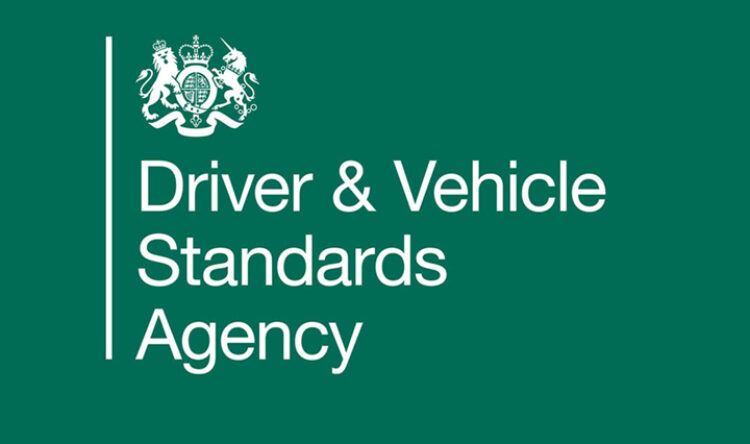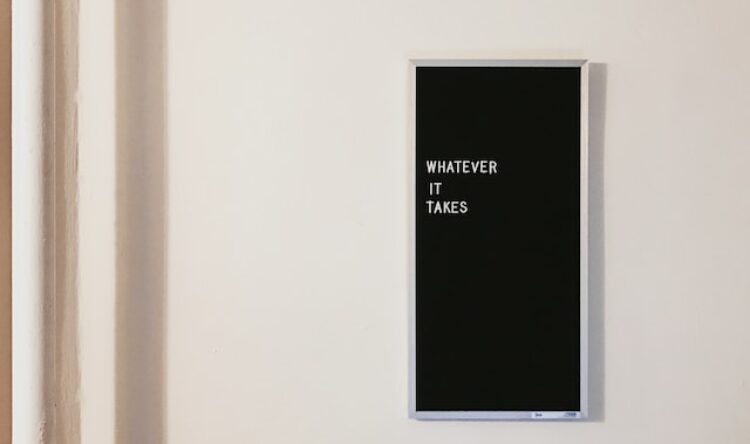National study reveals that overprotective parents might be making their child’s driving worse
Leasing Options conducted an independent survey of 1,000 people across the UK to find out how parents really feel about their children’s driving
Leasing Options conducted an independent survey of 1,000 people across the UK to find out how parents really feel about their children’s driving, and in particular, how far they’ll go to protect them. It turns out that many parents are going a long way to protect their children on the roads, and we discovered that it’s not necessarily benefiting their children’s driving ability, nor are they happy about it.
Over 75% of parents say they’re better at driving than their kids – but they aren’t passing on their wisdom.
When it comes to their children, many parents think they know it all. That’s why it’s no surprise that most mums and dads would agree they’re better at driving than their kids. Over 75% of parents said they were more skilled behind the wheel. And when asked what they really thought of their child’s driving, more than 1 in 10 parents described it as ‘worrying’, ‘risky’, or outright ‘terrifying’. Mums and dads don’t just think their kids are dangerous drivers, though. They go on to say their kids have plenty more bad habits, too. To be fair, most motorists get better with time, and parents have probably had far more practice in the driver’s seat. But do their years of experience mean anything if they’re actually making their child’s driving worse?
When parents were asked if their child has any bad driving habits:
- 49% said their child was a hesitant driver
- 32% said their child tailgated
- 31% said their child was aggressive to others on the road
- 22% said their child failed to indicate
- 20% said driving in the wrong lane
- 15% said their child undertook other drivers
1 in 10 18-24 year olds taught to drive exclusively by their parents have been banned altogether.
We asked young drivers whose parents helped teach them to drive about how many times they’d been penalised for their bad driving. Our findings suggest that mums and dads are actually driving their children in the wrong direction, with 1 in 10 kids revealing they’d already racked up points on their licence. Since you can only legally pass your test at 17, these young drivers were convicted pretty quickly, which you might think is bad, but it gets worse.
For the 18-24 year olds who were taught exclusively by their parents to drive, almost 1 in 10 had been banned completely. That means it took these kids merely a maximum of seven years to be disqualified from the roads.
And if it was only their parents who acted as their driving instructor, who’s the one to blame? After all, 90% of children who weren’t taught by their parents had absolutely no points at all.
More than a quarter of parents have forbidden their child from long-distance driving.
To top it off, parents continue to hinder their kid’s driving by stunting their skills, going as far to ban them from long road trips in a strict driving agreement. But this could be holding back new drivers from learning how to navigate or how to handle the motorway alone – essentially restricting their driving development.
On the other hand, the third of parents that do have a driving agreement with their child are more than likely just being protective.
When asked if parents have a driving agreement with their child:
- 71% said their agreement states that drivers & passengers must wear seat belts
- 57% said their agreement states that kids can never eat or drink at the wheel
- 26% said their agreement states that there should be no long-distance driving
- 17% said their agreement states that there are passenger restrictions
- 15% said their agreement states that there is a driving curfew
Some parents would even go so far as to shield their child from driving altogether. It seems mums and dads don’t want their kids to gain their independence too quickly, with more than a quarter saying they’d want to increase the legal driving age.
And while you might think driving would give young people some freedom after all, in this day and age, parents can triumph with technology.
50% of protective parents use a GPS tracker to keep an eye on their kid’s driving.
Mums and dads continue to try and keep their kids safe by using apps to track their driving. We found over 50% use a GPS tracker to check on their child, which is likely for the reassurance their youngster has reached their destination safe and sound. Additionally, 2 out of 5 parents said they use an app to monitor their child’s speed, which again is probably for mums and dads to know their kid will make it home in one piece.
Parents who use apps to track their child’s driving include:
- 51% use a GPS tracker
- 39% use a speed limit tracker
- 37% use an app for rewards for good driving
- 22% use a phone usage monitor
- 17% use a text or call blocker.
But does all this wrapping in cotton wool help or hinder young drivers? It could be that parents are actually doing more harm than good. At the very least, 18-24 year olds are infuriated by their parent’s overprotectiveness.
2 in 5 children find their parents physically recoil when they’re driving.
Almost 60% of children found their parents are annoying ‘backseat drivers,’ with mums and dads being critical as the most common complaint – which, based on the rest of our findings, is unsurprising. But more than 2 in 5 of kids also said they find their parents physically flinching or gasping if they make a mistake in the car, which must be incredibly off-putting for the driver.
What seems even more maddening is how nearly a quarter of children catch their parents pressing an imaginary brake pedal on their behalf. This sounds extremely distracting and can’t be a good thing for boosting a new driver’s confidence.
When children were asked what the annoying things parents do when they are driving. The responses include:
- 51% said criticising driving
- 41% said gaping/flinching at mistakes
- 34% said holding onto the car
- 32% said giving directions when not needed
- 24% said pressing imaginary brake pedal
- 16% said checking mirrors
So, which is it? Are young people really the bad drivers their parents make them out to be? Or are overprotective mums and dads simply making the problem worse? They might be just trying to help, but overstepping parents might actually be a hindrance to their kids.
For more information, please visit here.




